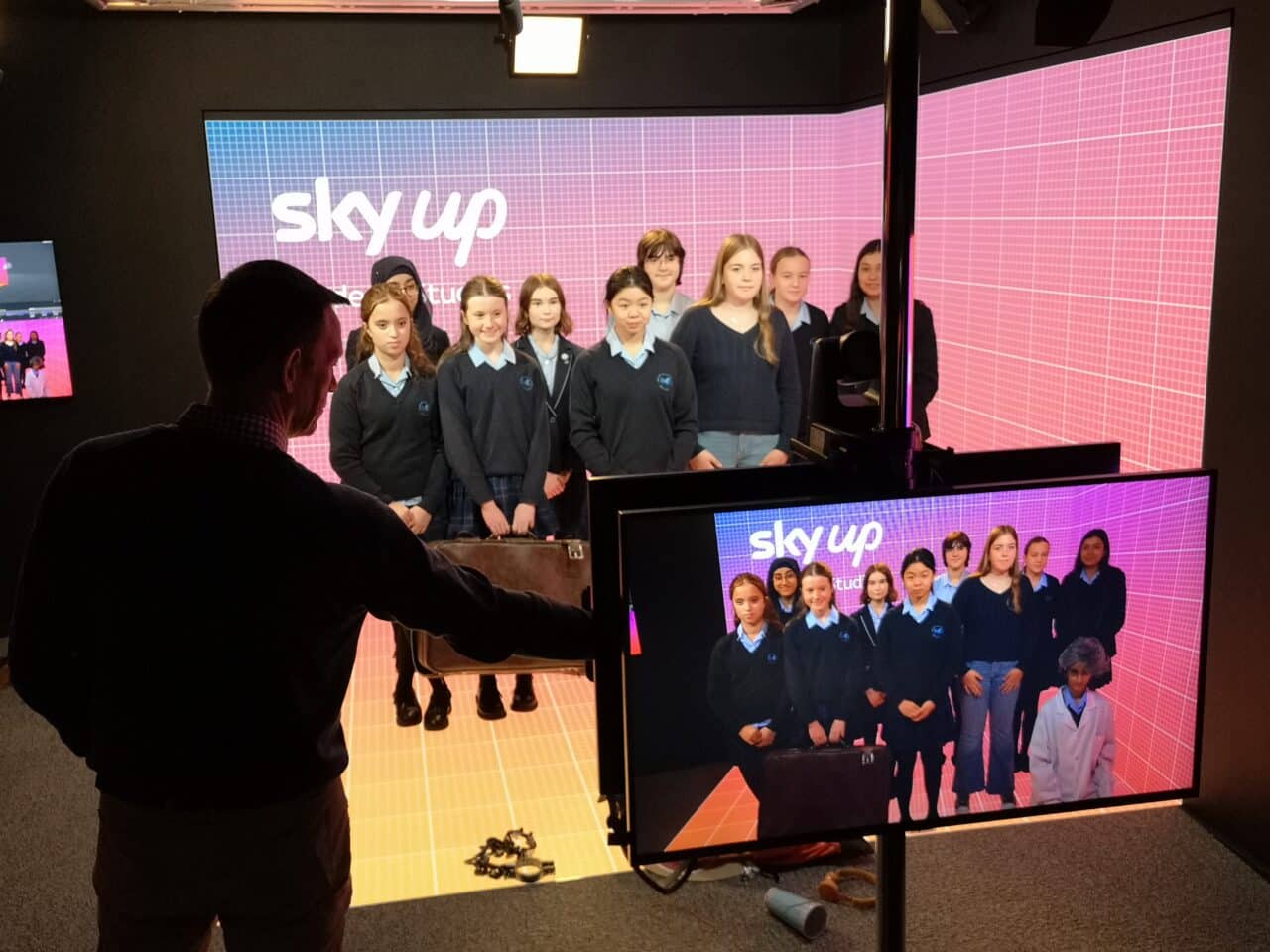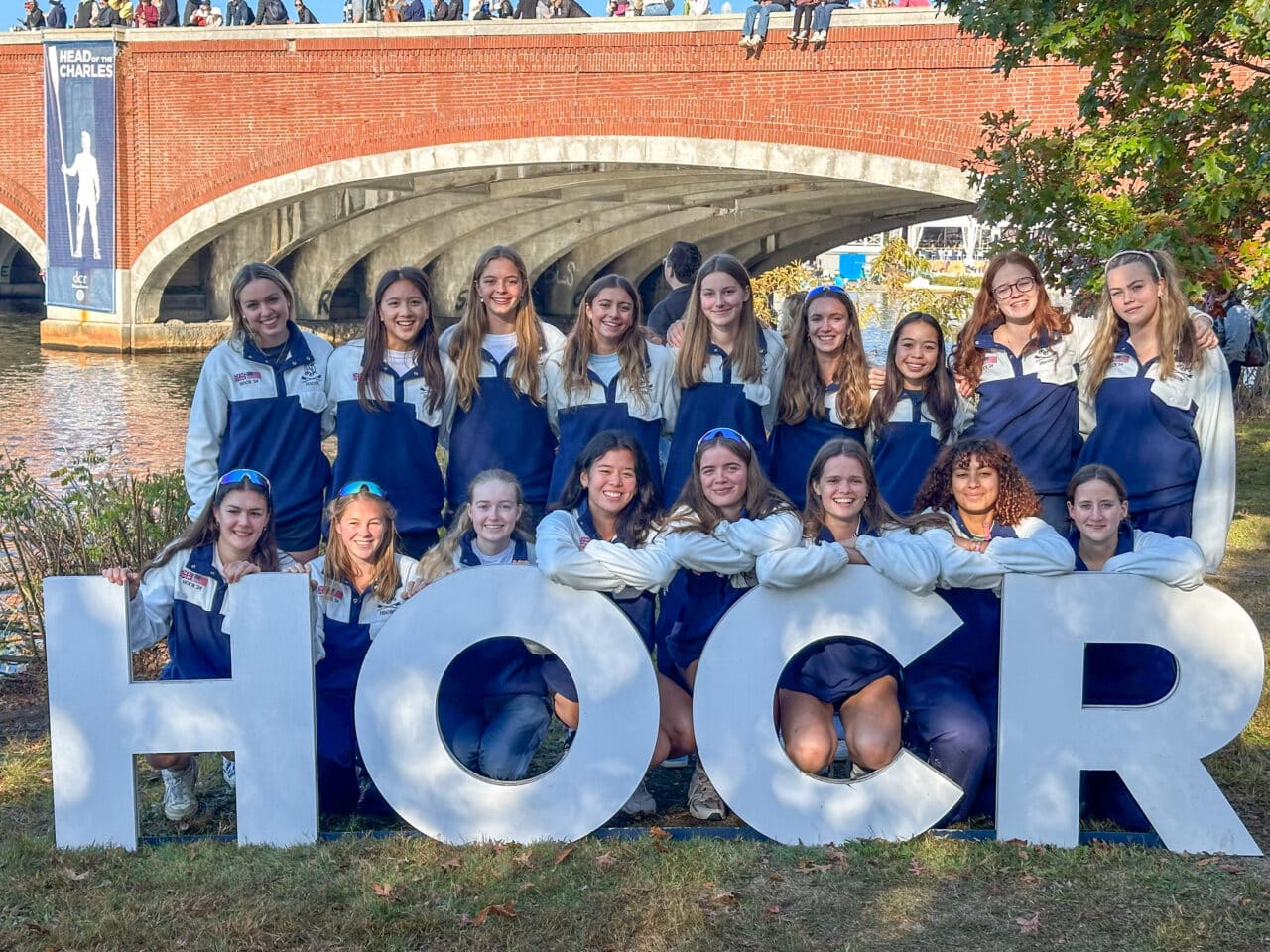Inspirational Biology at Warwick University
On Tuesday 26th November 37 budding young scientists visited Warwick University to hear about the latest research from the field of Biology. The day tackled some current issues including the future of food and whether we will all eventually be eating plant-based burgers, to common heart defects and the mysteries of the deep blue sea with aptly-named marine biologist Helen Scales! It was a great opportunity for some U5 girls to join this Sixth Form trip to see what life studying in the Sixth Form entails.
Read a report from Laura, L6, below
Genetically modified meat, xenotransplantation, giant isopods and brown fat were among the many topics discussed during the Biology lectures at Warwick.
The huge range of different fields allowed insights into various careers. The idea of becoming a marine biologist, a genetic engineer, a specialist in the soil microbiome or a professional in vector control, probably hadn’t crossed the minds of many of us before 26th November. Yet the presentations which were given with so much energy infused us all with an enthusiasm for the subjects.
Ideas such as that some people have a right-sided heart came as a surprise to us all and above that the concept that there is a gene called the sonic hedgehog gene, which is involved in placing the heart on the left (or the right in the case of situs inversus) shocked and amused us even more.
For the medics among us, being able to see some of the procedures via x-ray and cardiograms was invaluable in developing our understanding of how these sorts of cardiac diseases are treated. And for those who weren’t interested in medicine and had strong stomachs, the rather gory pictures of real beating hearts were a highlight.
Shock and surprise was a theme that was carried throughout the day, with Greg Foot declaring that those in the UK produce 10kg of waste per month and that a third of the world’s food is wasted every year. This continued with the concept of being able to treat malaria by using CRISP gene editing, raising the question of whether we could really be able to eradicate this deadly disease in the next few years. In the space of a day, the potential future was discussed, explored and laid out in front of us in many different dimensions.



